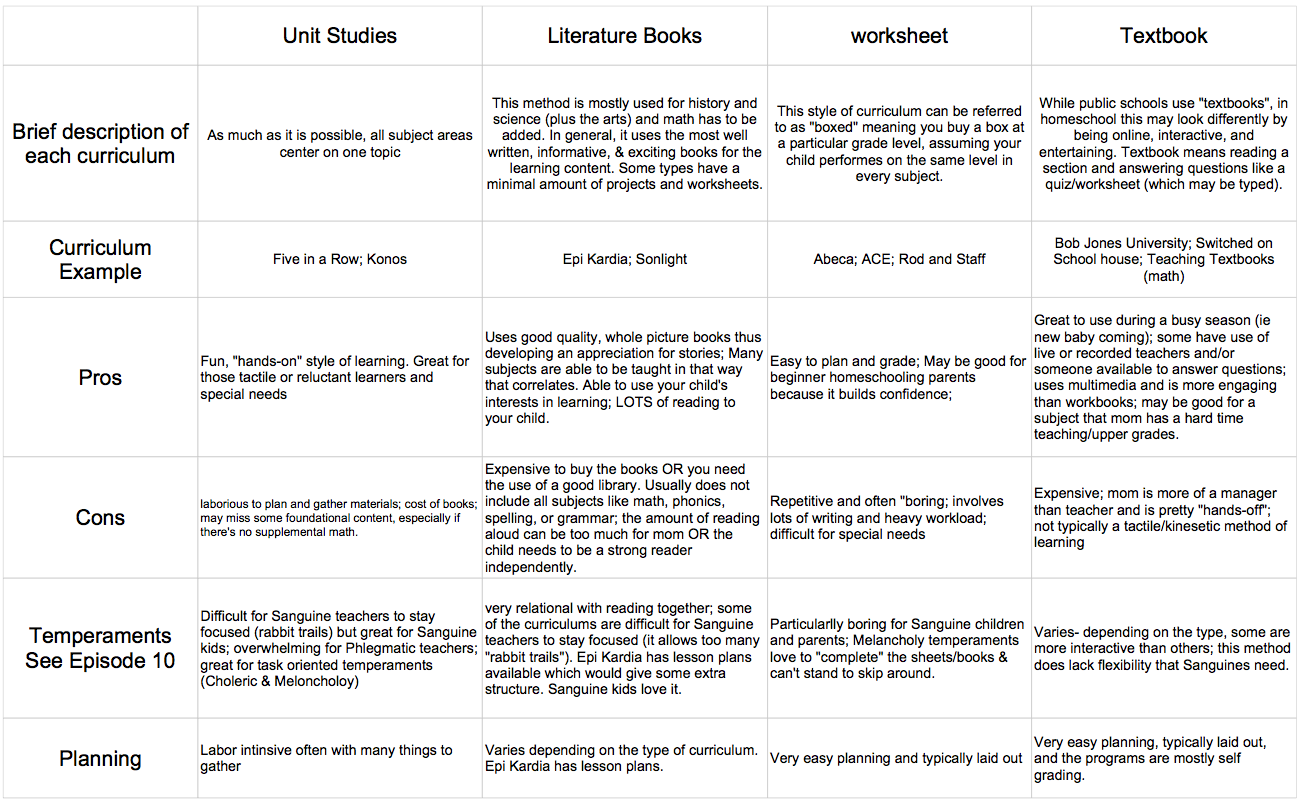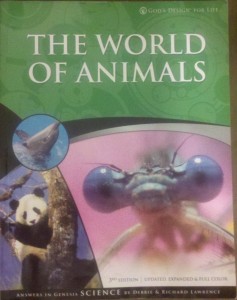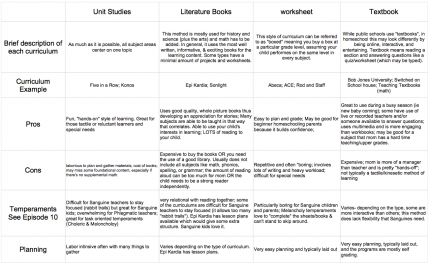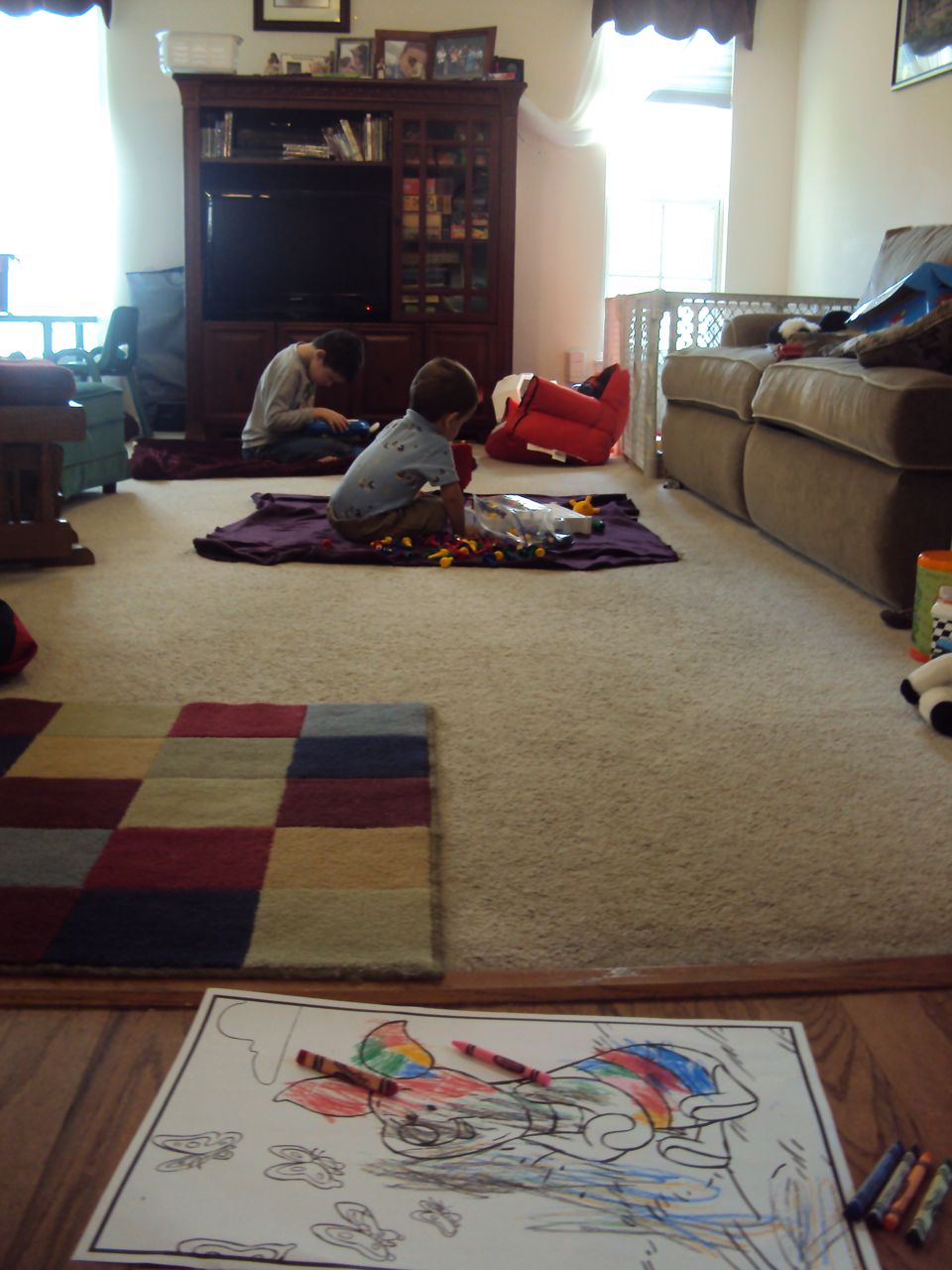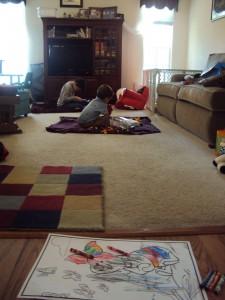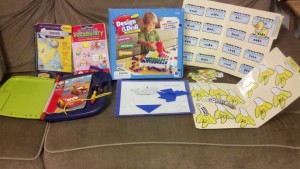We’ve talked about the broad types (or categories) of homeschool curriculum. As a previous public school teacher, I have a comfort level in this area. However, applying that knowledge to the myriad of products available- each of which will tell you theirs is the best- is a different story! Hopefully the podcast has given you a skeleton of understanding.
I attended Jeannie Fullbright’s session called “The Seven E’s for Choosing Curriculum” at the Teach Them Diligently homeschool conference. One of the areas that this session helped me was by outlining the different METHODS of homeschooling. Obviously I didn’t do my research homework before I began homeschooling! My goal is not to write a paper on this topic but to rather give you a skeleton of understanding behind some of the most popular methods. There is some overlap between the methods and the types of curriculum (note that one could substitute the words “philosophy” or “approach” in place of the word “methods”). For example, textbook and unit studies are BOTH methods and a type of curriculum that can be bought (see last post & chart for explanation of these two). I want to discuss the Classical, Charlotte Mason, and Child Directed methods today.
The Classical approach is systematic and rigorous and finds its’ roots back in the way the Greeks/Romans educated. It is focused on the written and spoken language rather than images or videos. There is an emphasis on the great works of literature from Plato, Aristotle, Swift, and Dickens, to name a few. “It follows a specific three-part pattern: the mind must be first supplied with facts and images, then given the logical tools for organization of facts, and finally equipped to express conclusions.” It is believed that all learning is interrelated and uses history as the connection between all these areas. There are three stages of learning. The Grammar Stage, grades 1-4, are spent sponging up facts and memorizing. The Dialectic Stage (or logic stage), middle school, focuses on the the cause and effect between subject areas and are able to understand the framework they fit into. The last stage of learning is the Rhetoric Stage where the child learns to write and speak with elegance. http://www.welltrainedmind.com/classical-education/
Charlotte Mason trained governesses who schooled children in the 1800’s. She believed that ⅓ of a child’s education came from home environment, another ⅓ from the discipline of good habits/character, and the last third from academics. In general this approach is gentle rather than rigorous. The lessons are short with focused attention- lengthening as they get older. Charlotte believed that children should be given good quality “living” books rather than dry dull textbooks for the subjects of history, geography, science and literature. Science was spent observing nature and recording observations in a “nature notebook”. Math is stresses the importance of understanding the why of a concept and using manipulatives as a tool to learn this before pencil and paper work begins. A key component of the Charlotte Mason method is the use of “narration” to learn and retain information. I will do a whole topic on this method in the future but for now let me say narration is when a child tells back in his own words what he saw, read, or heard and it can be done orally or written. Narration is the opposite of textbook assessments. http://simplycharlottemason.com/basics/started/charlotte-mason-method/
The last method has several names that are varying degrees of the same method; Child Directed, Delight Directed, or Unschooling. The underlying philosophy is that all kids naturally want to learn and they will excel when left to their own devices to explore what interests them. This method of schooling sounds very much like the trend of “child-centered parenting”. It leaves an unanswered question of “What about subjects’ children aren’t particularly interested in, but need to know?” Some “Unschoolers” provide some structure and make sure their child is doing a math curriculum.
Read more at Suite101: Homeschooling Trends: The Trend for Child-Led UnSchooling in Homeschooling Homes | Suite101.com
As I type this I am wondering just how many more philosophical methods there are (or will be) to home educating. Is it any wonder so many of us are bogged down and overwhelmed as we begin the process of teaching our children?
“What has been will be again, what has been done will be done again; there is nothing new under the sun. Is there anything of which one can say, “Look! This is something new”? It was here already, long ago; it was here before our time.” Ecclesiastes 1:9-10 NIV
